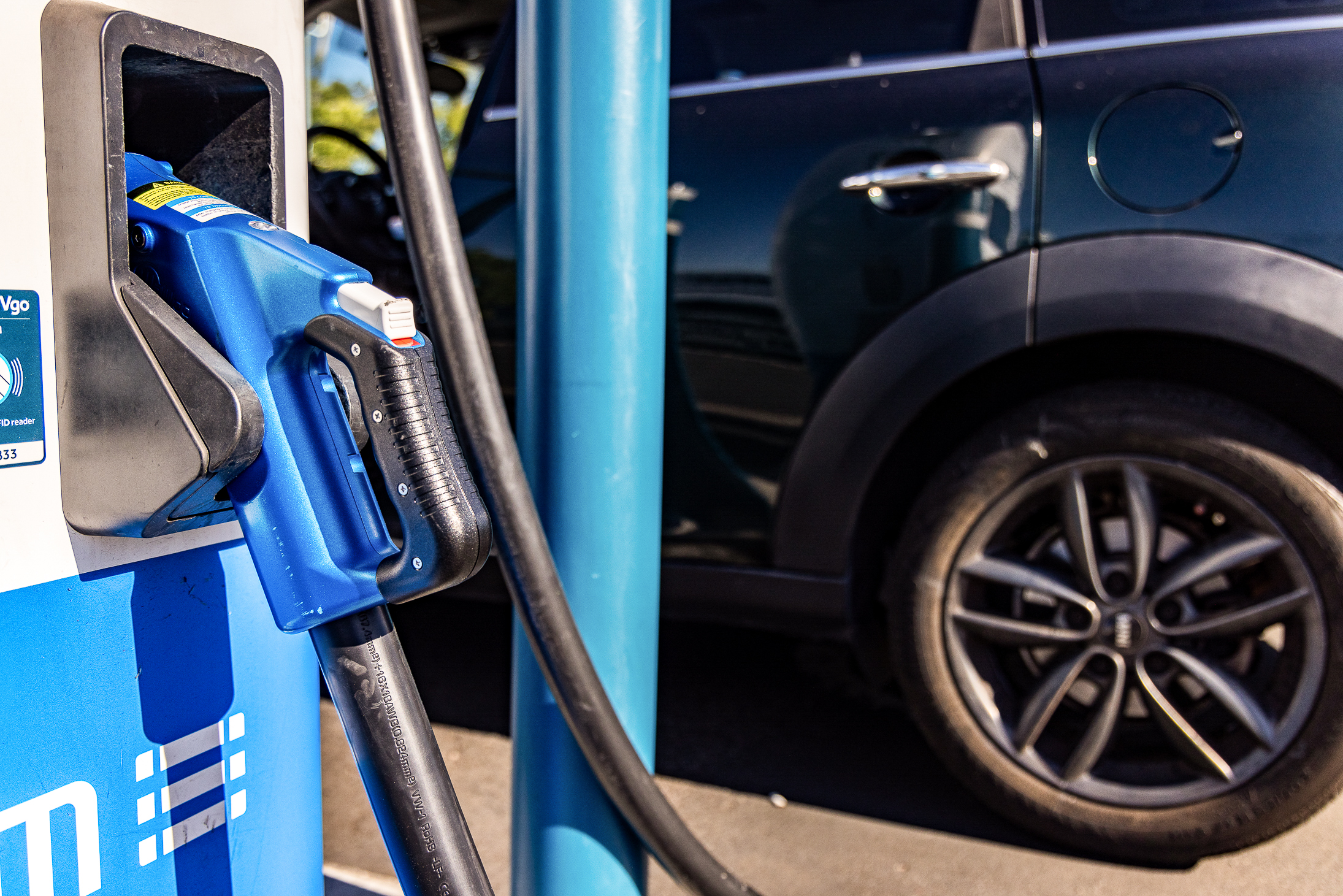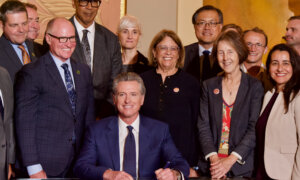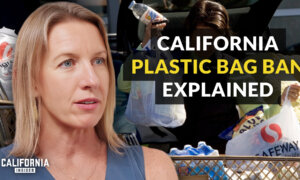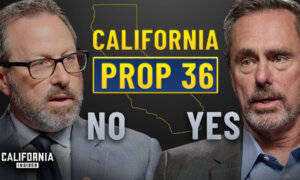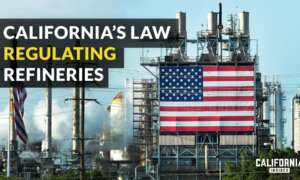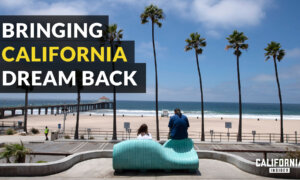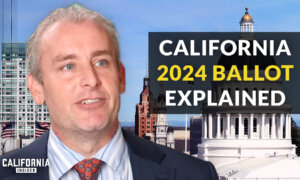With California facing a budget deficit of at least $45 billion, Gov. Gavin Newsom vetoed on June 14 a bill that would have provided rebates for consumers who convert their traditional automobiles into zero emission vehicles.
“While I share the author’s desire to further accelerate the state’s transition to [zero emission vehicles,] this bill creates a new program at a time when the state faces a $44.9 billion shortfall for the 2024-25 fiscal year,” Mr. Newsom said in a veto letter sent to the Legislature. “Additionally, there is no funding currently identified or available in the state budget to support this new program.”
Senate Bill 301, authored by Sen. Anthony Portantino, sought to establish the “Zero-Emission Aftermarket Conversion Project” to offer rebates of up to $4,000 per vehicle for California residents who transformed their vehicles.
Eligible vehicles would have needed to have a range of at least 100 miles and be inspected by a licensee of the state’s Bureau of Automotive Repair.
The state’s California Air Resource Board estimated annual costs of $9.7 million to pay for 46 new positions needed to develop and implement the project, and legislative consultants estimated another $2 million in annual costs to allocate funding from state and federal sources.
Although SB 301 is the first bill vetoed by Mr. Newsom in 2024, he rejected 50 bills in 2023 with similarly worded veto letters citing the deficit as a primary reason for his decisions.
Highlighting the more than 1.8 million zero emission vehicles in California, the governor said the state is moving closer to its environmental goals. In 2020, Mr. Newsom wrote an executive order requiring all passenger vehicles and heavy-duty trucks be zero emission by 2035 and 2045, respectively.
“California is showing the world what’s possible—fostering innovation and creating space for an industry to flourish,” Mr. Newsom said.
“The state continues to invest billions of dollars in [zero emission vehicle] deployment and supporting infrastructure to achieve our ambitious climate and clean air goals.”

California Governor Gavin Newsom speaks in Los Angeles, Calif., on Jan. 3, 2023. (John Fredricks/The Epoch Times)
The bill author said the legislation would help the state achieve its climate goals by providing an incentive for drivers to convert their vehicles.
“This bill will bring California one step closer to accomplishing the goal of reducing greenhouse gas emissions to a level that is sustainable,” Mr. Portantino said in legislative analyses.
“With a large portion of greenhouse gas emissions coming from the transportation sector in California, it is necessary that we implement a program that encourages people to convert their vehicles.”
Supporters said the bill would benefit lower-income Californians because it would have required at least 25 percent of funds be allocated to households earning less than 400 percent of the federal poverty level—which equals about $125,000 for a family of four.
Conversion—including replacing pipes and hoses, transmission, gas tank, exhaust system, and other components—cost estimates range from about $8,000 to $65,000, according to legislative analyses.
The length of time to complete such changes varies depending on the type of vehicle, with some needing additional space to accommodate batteries.
One group supporting the bill said it would have been mutually beneficial for the state, the environment, and Californians.
“We believe that SB 301 represents a positive step towards easing the burden of the electrification transition that is currently underway,” the California Chamber of Commerce wrote in legislative analyses.
“Further, SB 301 would not only benefit the environment, but it would also promote manufacturing and create jobs here in California.”
The bill received bipartisan support in the Legislature and passed all committees and both houses without receiving any “no” votes.
Legislators could choose to override the governor’s veto, but that would require a two-thirds vote in the Senate and Assembly.
A similar measure was introduced in 2022, Assembly Bill 2350—authored by Assemblywoman Lori Wilson—but was shelved by the Senate’s Appropriations Committee.
